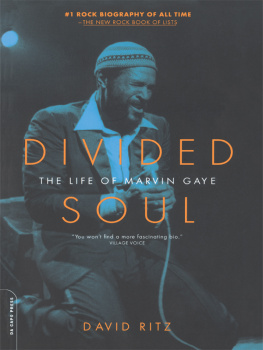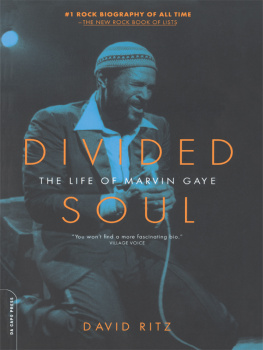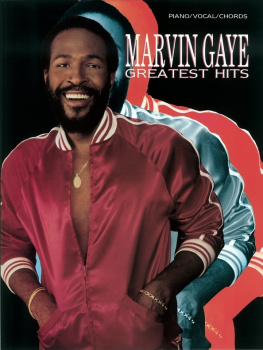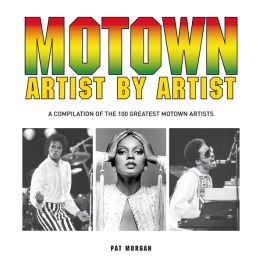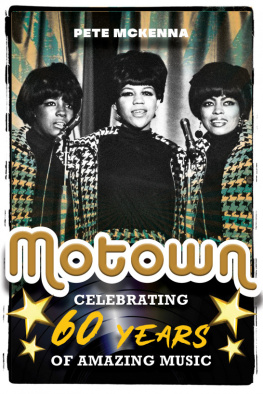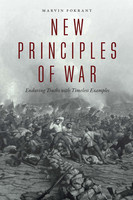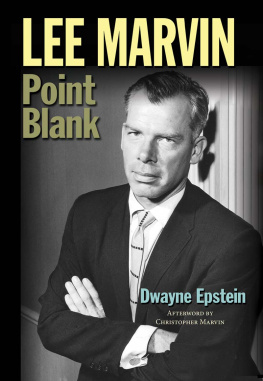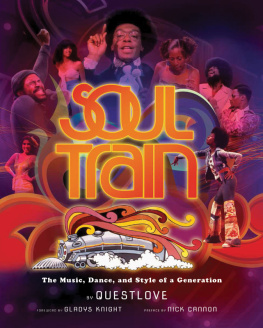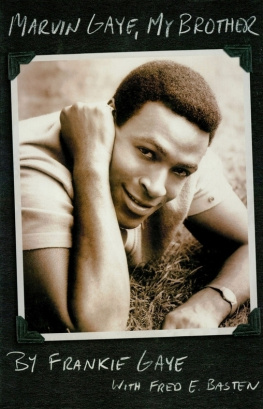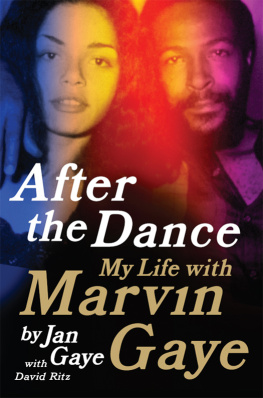All rights reserved. No part of this publication may be reproduced, stored in a retrieval system, or transmitted, in any form or by any means, electronic, mechanical, photocopying, recording, or otherwise, without the prior written permission of the publisher.
Printed in the United States of America.
Cataloging-in-Publication data is available from the Library of Congress.
Da Capo Press books are available at special discounts for bulk purchases in the U.S. by corporations, institutions, and other organizations. For more information, please contact the Special Markets Department at the Perseus Books Group, 11 Cambridge Center, Cambridge, MA 02142, or call (800) 255-1514 or (617) 252-5298, or e-mail .
THANKS
To God.
To my mother; my heavenly wife Roberta and daughters Allison and Jessica, who keep me company and keep me sane; sisters Esther and Elizabeth; Gary, Jennifer, Sarah, Julia, Gabriel, Marc, Brad, and Florence and Mannie Plitt.
To Aaron Priest, skillful agent and loyal friend; to Marc Staen-berg, Barney Karpfinger, Molly Friedrich, Jessica Lehman, Jim Henke, Audrey Edwards; and to Gladys Justin Carr, Chairman, McGraw-Hill Editorial Board, and Leslie Meredith, Editor, who sponsored and edited this work.
To those who sat with me, sometimes for days, and answered my questions: Mrs. Alberta Gay, Marvin Gay, Sr., Jeanne Gay, Frankie Gay, Irene Gay, Dave Simmons (for assistance beyond the call of duty), Art Stewart, Ray Baradat (for his scholarship and sensitivity), Cecil Jenkins, Jewel Price, Curtis Shaw, Reese Palmer, Sondra Lattisaw, Ken Grant, Kim Weston, Richard Do Dirty Bethune, Etta James, Clarence Paul, Beatrice Carson, Bishop S. P. Rawlings, Mrs. S. P. Rawlings, Estella Mayberry, Ed Eckstine, Quincy Jones, Maurice King, Thomas Beans Bowles, Bishop Harold Solomon, Geraldine Peasie Adams, Barry White, Herb Fame, Gene Page, Jeff Wald, Les Moss, Lawrence Berry, Charles Da vies, Dewey Hughes, Tahira Hylton, Liz Moran, Maxine Powell, Billie Jean Brown, Curtis McNair, Marcus Belgrave, Ted Harris, Glenn Leonard, Otis Williams, Dennis Edwards, Tom Noonan, Ralph Seltzer, Gene Byrd, Freddy Cousaert, Maggie and Donald Pylyser, John Cammon, Ed Townsend, Leon Ware, Renaldo Benson, Mel Farr, Chuck Barksdale, Mary Turner, Fred Ross, Jr., Fred Ross, Sr., Jeffrey Kruger, Rob Cohen, Gil Askey, Shelley Berger, Dave Harris, Johnetta Anderson, Randall Wilson, and Gwen McClendon.
To those writers whose work guided me: Herb Boyd (Dean of Detroit), Charles Keil, Alan Abrams, Merlene Davis, Miles White, Courtland Milloy, Nelson George, Gerri Hirshey, Peter Benjamin-son, Ted Fox, the authors of The Rolling Stone Illustrated History of Rock & Roll, Arnold Shaw, Michael Goldberg, Chris Salewicz, David Morse, John Keats, Percy Bysshe Shelley, John Donne, T. S. Eliot, S. T. Coleridge, Carl Jung, and Dante.
To the authors whose muscular, rhythmic prose inspired me most deeply: Leslie Fiedler, Harold Robbins, and W. Somerset Maugham.
To my songwriting partners: Patrick Henderson, Ray Kennedy, Wayne Arnold, Fred White, and Robin Swados.
To Lewis MacAdams for his translations from the French of Marvin Gaye interviews; and Richard Freed, Alan Eisenstock, Susan Teegardin, June Massell, and Dick Sinreich.
To the staffs of the Los Angeles Public Library and the Music Library of U.C.L. A.
And finally to Marvin Pentz Gaye, Jr., for lessons of praise and hymns of hope.
INTRODUCTION TO THE DA CAPO EDITION
Like Bird and Billie before him, Marvin Gayes death has given him new life. Since his premature demise, interest in his art has blossomed.
Hes our John Lennon, Janet Jackson recently told me. The longer hes gone, the more young people appreciate his contribution. He changed our musical world.
Soon after he was gone, the musical world began paying tribute in the form of hit singlesDiana Ross singing Lionel Richies Missing You, the Commodores haunting Night Shift, Frankie Beverly and Mazes Silky Soul Singer. At the same time, a slew of Gaye songs have been re-interpreted by artists as wildly diverse as jazz avant-gardists Weather Report and pop singer Cyndi Lauper (both doing Whats Going On), hip hoppers By All Means (Lets Get It On), heartthrobs George Michael (live version of Sexual Healing) and Robert Palmer (Mercy Mercy Me [the Ecology]/I Want You). Billboard magazine reports that since 1983 Marvins name has been mentionedin reverential toneson no less than seven top-ten hit records. As time goes by, the long list grows longer.
Marvin Gaye grows more intriguing, I believe, not only because of the paradox of his professional triumphs and private agonies, but because of the sturdy nature of his art. He wrote what he believed; he sang what he felt; he said what he meant. His candorartistically and otherwiseis irresistible. In an age of PR puppeteers, spin doctors, and media manipulators, heres one artist fearless about what he says.
I was especially blessed to be Marvins confidant and collaborator. His wordshis view of his life and musicare the backbone of this book, the reason I trust this volume will always have value. When he agreed to years of interviews, Marvin knew what he was doing; he realized someone needed to record his own words; he knew that accurately telling his storydazzlingly complex and often bizarrerequired his participation.

